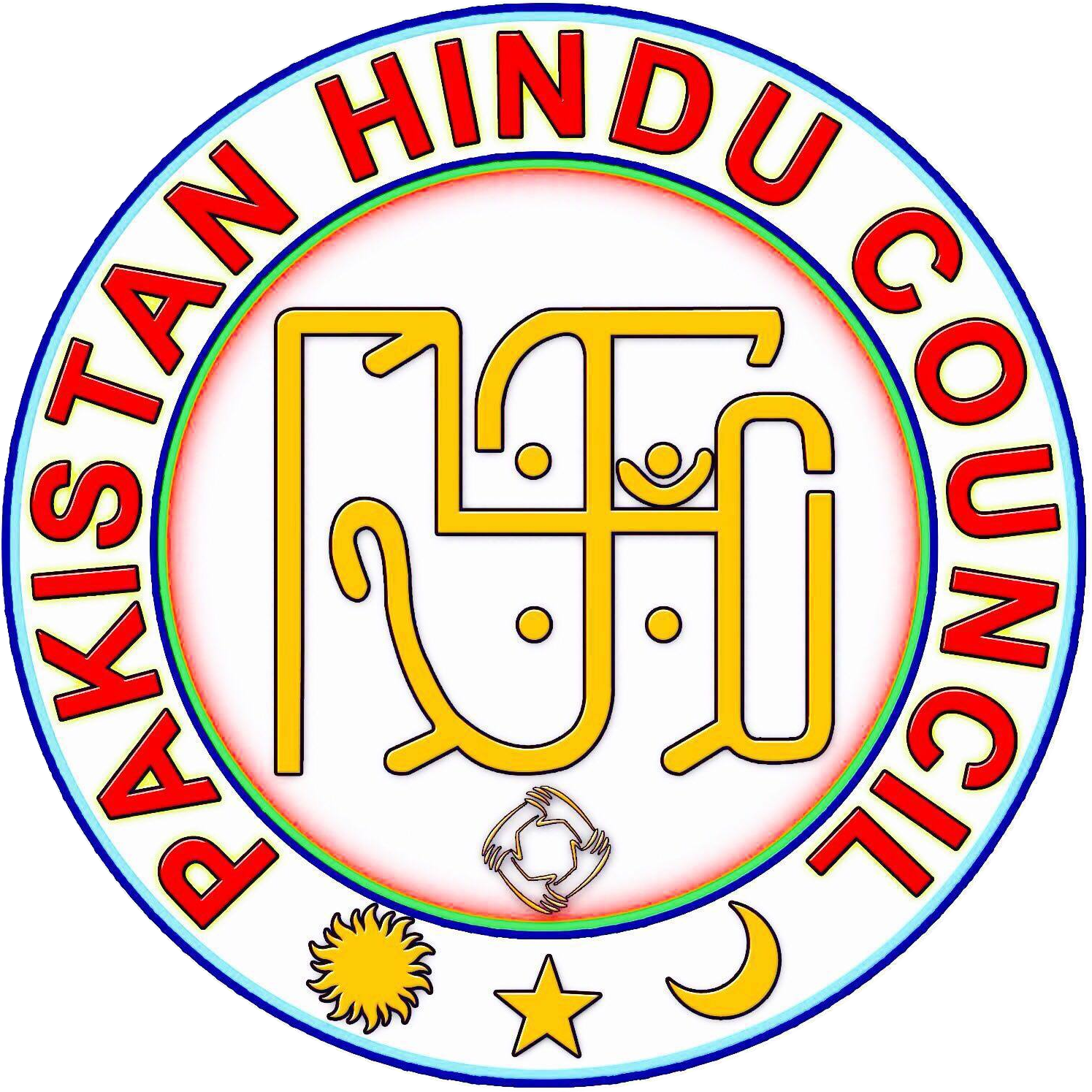FROM CONFRONTATION TO COOPERATION: NAVIGATING EXTREEMISM AND INTERFAITH HARMONY
Pakistan is the only country of the world which got independence on the base of Islam. Muslims of subcontinent demanded a separate state as they were concerned about the political, social and most importantly religious rights in a Hindu dominated society. Everyone was expecting that it is quite obvious that Pakistani nation which faced threat as a minority in subcontinent, must be mindful and protect minority rights in its state. But unfortunately, our society is struggling with religious extremism, sectarian violence, social unacceptance and severe lack of interfaith harmony.
The story begins from two nation theory which propose that Muslims of subcontinent are a different nation from Hindus and other religious groups because of religion. This ideology is the base of nationhood in Pakistan, which fosters that the base of a nation or nationalism in Pakistan is Islam. It means no one other than Muslims can be a part of this nation. This is a fundamental conflict with modern day nation state concept, as it proposed that the non-Muslim citizens of Pakistan are not a part of “Muslim nation”, which is foundation of Pakistan. After the objective resolution of 1949, Pakistan became an Islamic democracy and proposed a nationalism which was an amalgam of Muslim and modern nationalism
The father of nation QUAID E AZAM, in his speech of 11th august, 1947 ensured rights of all religious and ethnic minorities, but his words got no worth after his death. The Pakistan of 21st century has become a pit of despair and grievances for minorities. This extremist and sick mentality of the masses can be traced back to the oppressive and radical era of general Zia-UL-Haq. He propagated radicalization and religious extremism, with Islam being used to fuel the so-called Afghan Jihad, which ultimately introduce Kalashnikov culture, religious polarization, sectarian violence and terrorist outlets in Pakistan.
Today, religious extremism and the vulnerability of minorities is at its peak. The political, social and religious rights of all minorities are compromised. There are multiple examples which prove that the non-Muslims are not being treated equally as they are not free to offer their religious rituals, they are not allowed to eat with Muslims, they are being served in separate pots, the history books of schools are spewing poison against minorities and forced conversions. There are countless incidents of mob violence against different minorities, like destruction of many worship places of Ahmadis, Jaranwalla incident of burning Church and Christian houses in 2023, mob lynching of SriLankan citizen, Hindu temple ransacked by mob in Rahim Yar Khan. Furthermore, the minority sects of Muslims like Shias are also victim of continuous violence. There are multiple incidents of attacks on Shia processions and Imam Barghas. In addition to this, the blasphemy laws are also being misused. Blasphemy laws have become a tool to threaten and blackmail the religious and sectarian minorities. Political parties like Tehreek e Labiak Pakistan and some religious scholars are further fueling this extremism for political gains.
Despite these severe issues and challenges, there are some sighs of relief and comfort. Social workers like Abdul Sattar Edhi and Doctor Ruth Pfau served people from all social groups, irrespective of their caste, creed or religion. Religious scholars like Javed Ahmed Ghamdi and Engineer Ali mirza have played a pivotal role in advocating harmony and countering hostility. In addition to that, there are multiple precedents of peace, love and cooperation among religions and sects, like every year the Muslim population of Tharparkar and some other areas of Sindh, take part in celebrations of Hindu festivals. Similarly, Hindu and Suni population arrange Sabeels and Nayaz for Shia processions in their areas. Another demonstration of religious harmony at state level was the opening of Kartarpur corridor for Sikh pilgrims, which was praised across the world.
But still, it’s a long way to achieve a resilient society and to confront extremism. Pakistan needs to develop a sense of comprehensive nationalism, to which all citizens of the state can feel connected. Educational reforms are essential to tackle these issues. Interfaith harmony must be taught at school level, and it will contribute to establish a society where all religions coexist in peace and harmony. Multifaith fellowship programs, interfaith harmony seminars at state level, responsible behavior of religious scholars, celebration of minorities festivals at state level, more socio-political representation of minorities, interfaith harmony study sessions in universities and positive content by social media influencers, all these steps are significant to incorporate interfaith harmony in society. Furthermore, the constructive role of media is inevitable in the context of interfaith harmony. NGOs did splendid work in this regard, but it needs to be more comprehensive, encouraging and optimistic. Finally, the political parties, like Tehreek-E-Labiak and others which fuel religious radicalization and extremism, must be banned as they are a constant threat to a peaceful and constructive society.
Transforming confrontation and rivalry into cooperation, peace and acceptance is paramount in mitigating extremism and fostering harmony. Pakistani nation has always been seemed vulnerable to such issues and challenges, but we can counter it by comprehensive nationwide strategies and participation of all parts of society. Through mutual respect, open communication, dialogues and shared goals, our nation can cultivate understanding and bridge the divides. Collectively and collaboratively, we can fight the cancer of extremism and pave our way to a peaceful, harmonious and resilient society.
[contact-form-7 id=”ac2b7ef” title=”Contact form 1_copy”]
